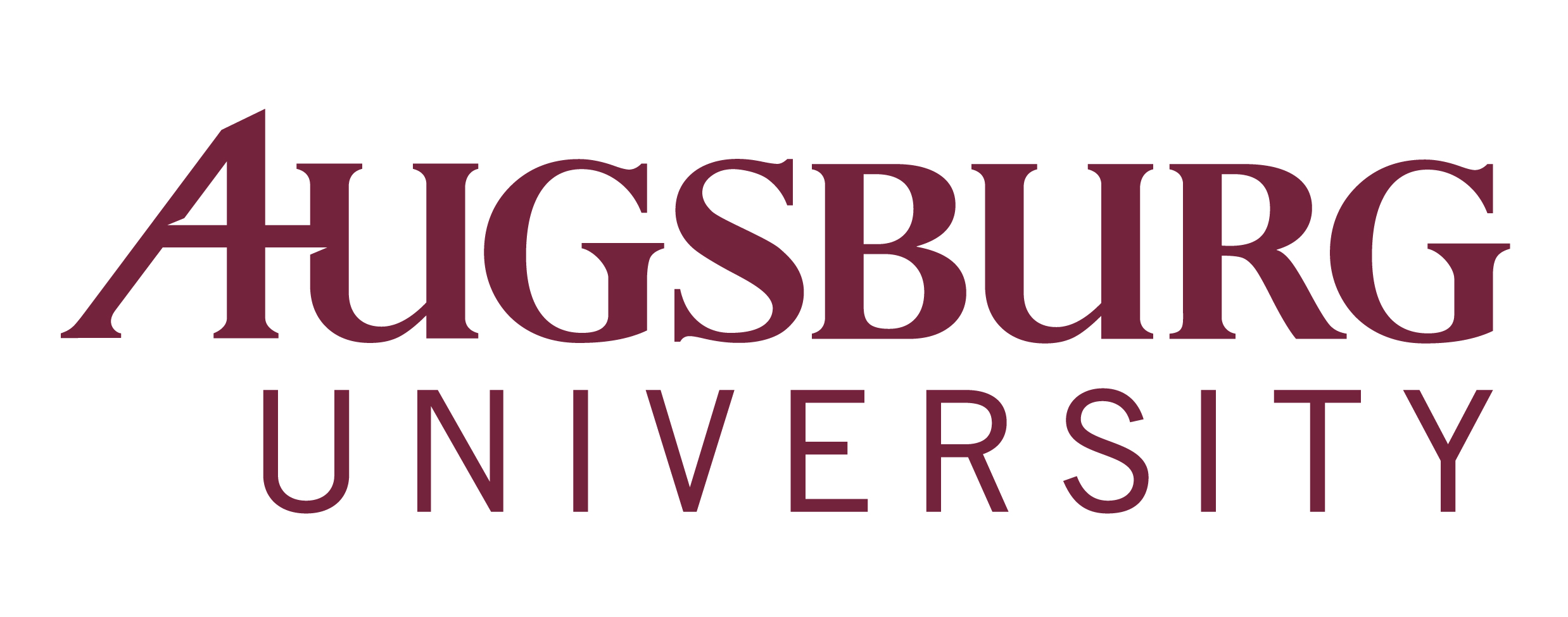Main |
Course
Syllabus | Supplementary
Readings | Learning
Portfolio
Educational Philosophy Paper | Miscellaneous Course Handouts and Other Items of Interest
Educational Philosophy Paper | Miscellaneous Course Handouts and Other Items of Interest
EDC
490/580 Course Objectives and Assignments Aligned with Minnesota
Standards of Effective Practice
![]() _Course
Learning Activities and Assessments Which Address the Standards
_Course
Learning Activities and Assessments Which Address the Standards
Minnesota Standards of Effective Practice for Teachers Addressed in EDC 490/580
Standard 1. Student Learning
1A. The teacher understands that students bring assets for learning based on their individual experiences, abilities, talents, prior learning, and peer and social group interactions, as well as language, culture, family, and community values, and approaches their work and students with this asset-based mindset, affirming the validity of students' backgrounds and identities.Standard 6. Professional Responsibilities
6A. The teacher understands the standards of professional conduct in the Code of Ethics for Minnesota Teachers, including the role of social media, privacy, and boundaries in relationships with students.Standard 7. Collaboration and Leadership
6E. The teacher explores their own intersecting social identities and how they impact daily experience as an educator.
6F. The teacher assesses how their biases, perceptions, and academic training may affect their teaching practice and perpetuate oppressive systems and utilizes tools to mitigate their own behavior to disrupt oppressive systems.
7E. The teacher recognizes the responsibility to question normative school knowledge, conventional teaching and other professional practices, and beliefs and assumptions about diverse students, their families, and communities that adversely impact learning.Standard 8. Racial consciousness and reflection
7F. The teacher understands multiple leadership models for teachers; knows how to take on leadership roles at the school, district, state, or national level; and advocates for students, the school, the community, and the profession.
8A. The teacher understands multiple theories of race and ethnicity, including but not limited to racial formation, processes of racialization, and intersectionality.
8C. The teacher understands how ethnocentrism, eurocentrism, deficit-based teaching, and white supremacy undermine pedagogical equity.
8E. The teacher understands the histories and social struggles of historically defined racialized groups, including but not limited to Indigenous people, Black Americans, Latinx Americans, and Asian Americans.
8G. The teacher understands the impact of the intersection of race and ethnicity with other forms of difference, including class, gender, sexuality, religion, national origin, immigration status, language, ability, and age.
Course Learning Activities and Assessments Which Address the Standards:
- Course
Readings:
Standards 1 and 7
- Educational Philosophy Paper: Standards 1, 6, 7, and 8
- Professional Online Licensure Portfolio: Standards 1, 6, 7, and 8
- Case Studies:
Standards 6 and 8
